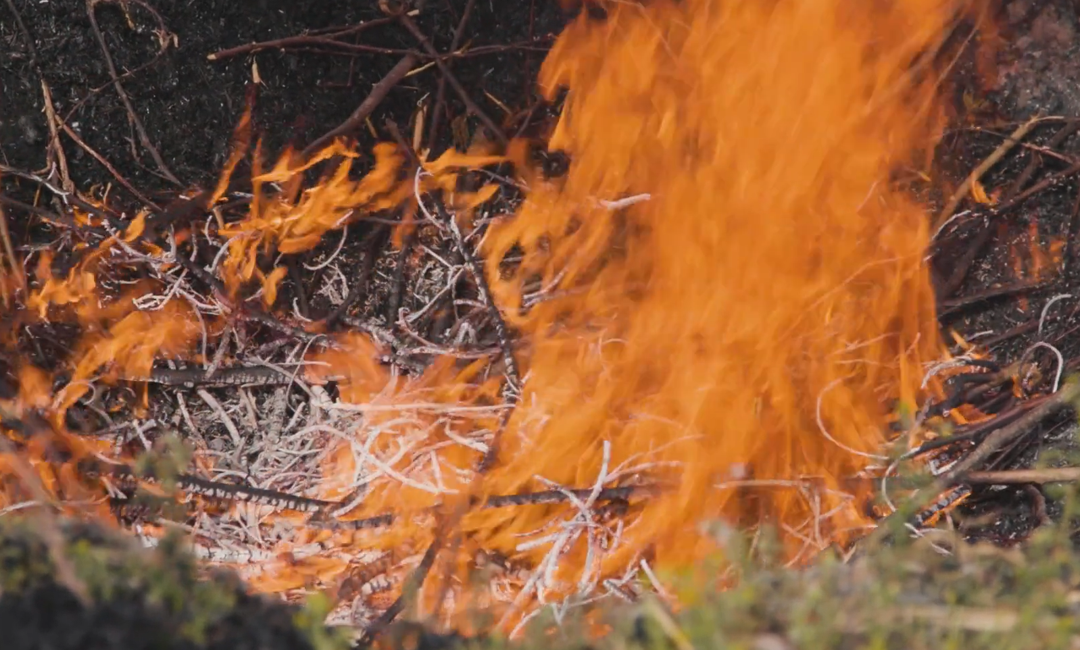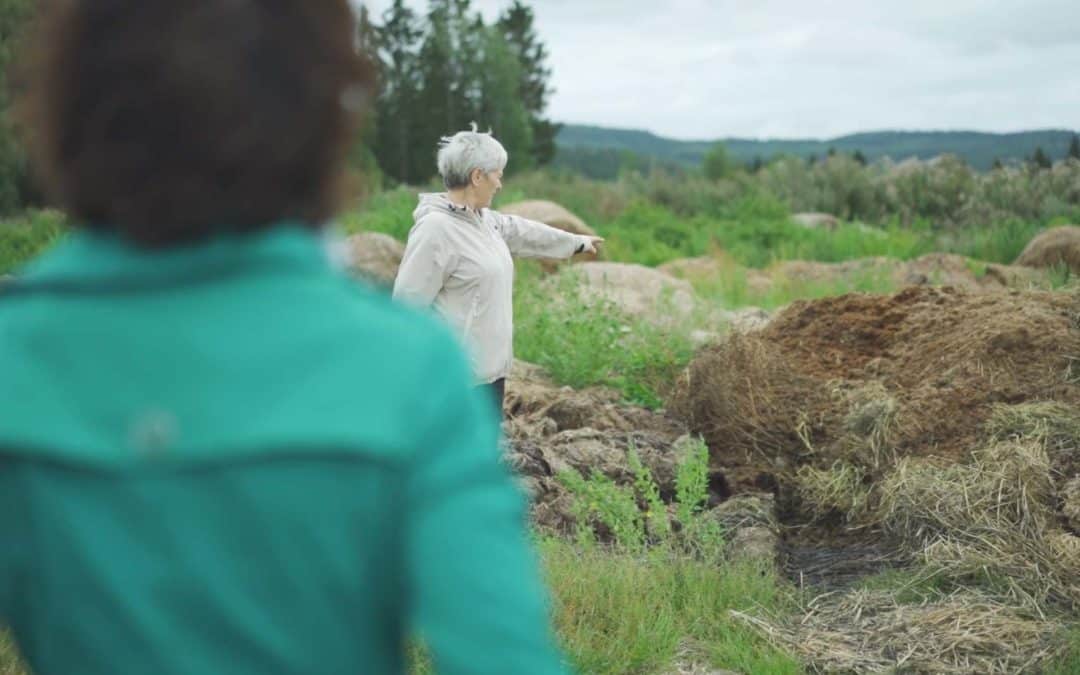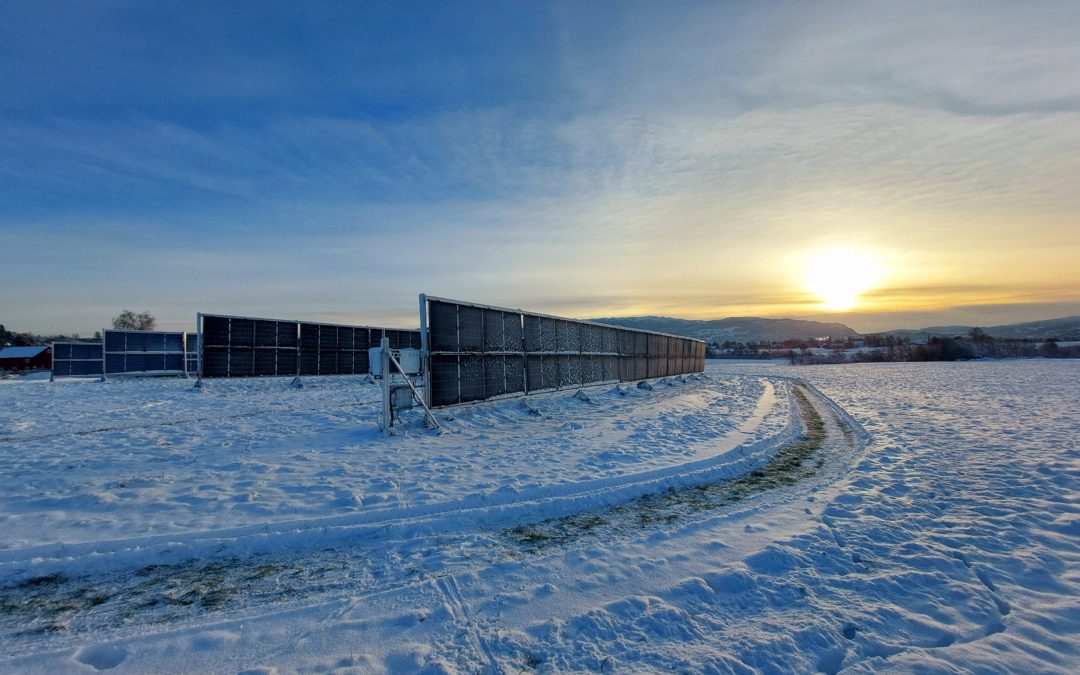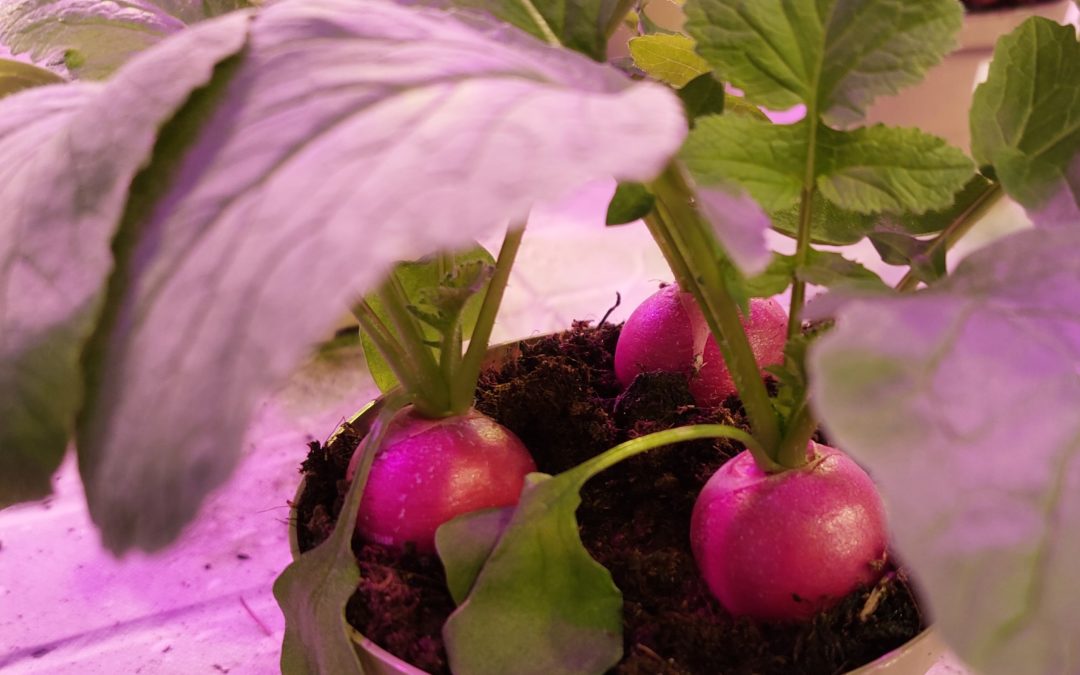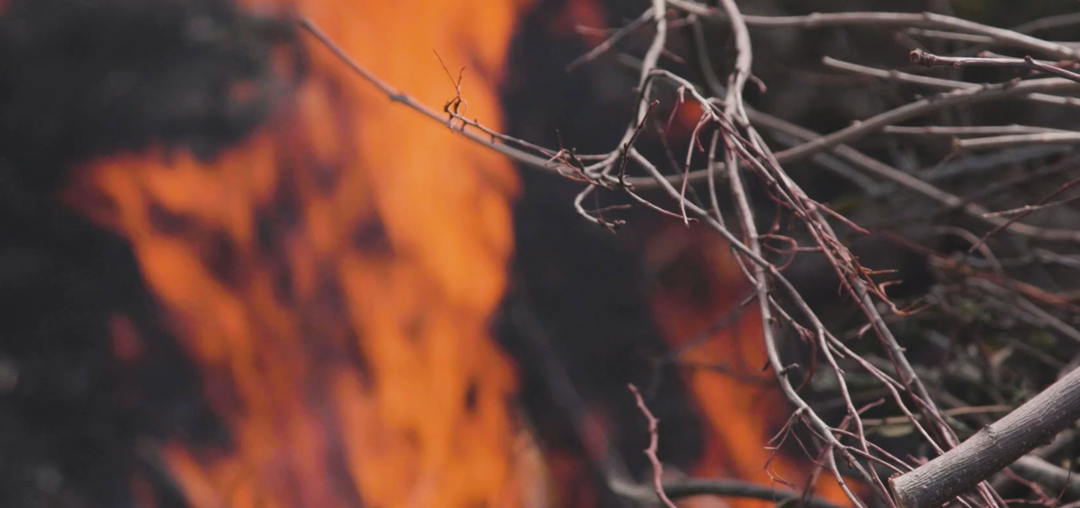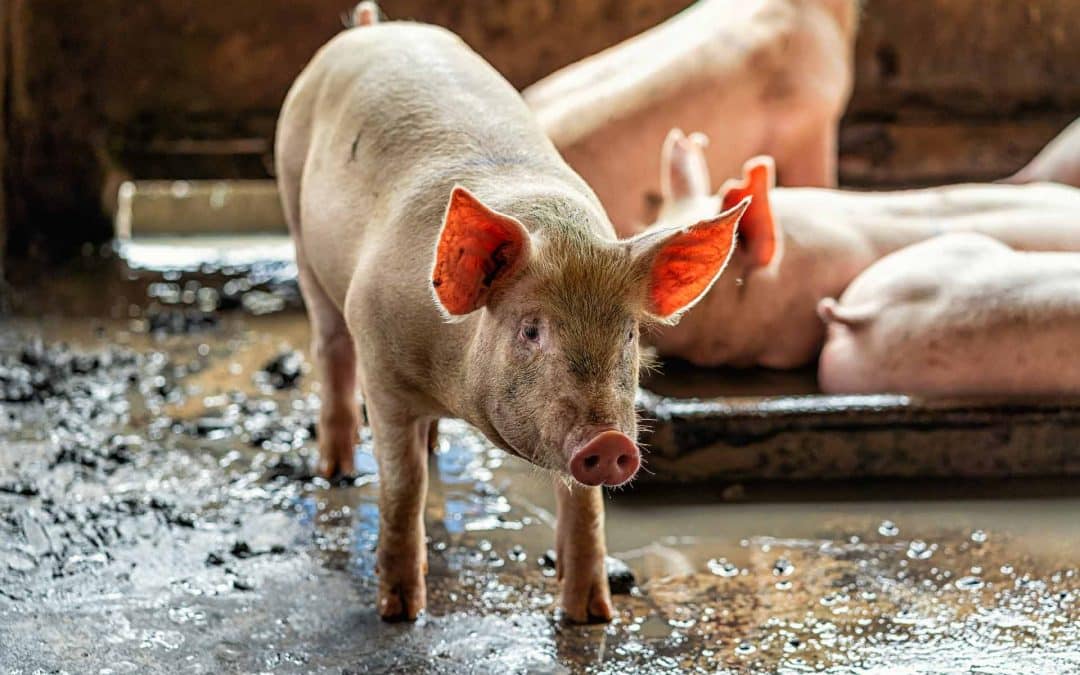
by Gunnar Larsen | Dec 19, 2024 | Biochar, Front page, Carbon storage
I prosjektet RESTORE har SINTEF regnet på klimaeffekter ved ulik behandling av reststrømmer fra et gårdsbruk. Det er sett på ulike restmaterialer og om de kan legges i kompost, forbrennes eller brukes i biokullproduksjon. Det er laget en regnearkmodell som gir noen...

by Tove Hatling Jystad | Dec 18, 2024 | Biogas, Biochar, Composting, The zero emission farm
I forbindelse med forskningsprosjektet RESTORE, gjorde vi en analyse av alt av organisk avfall – eller rettere sagt ressurser – på Mære landbruksskole. Målet var å få en bedre oversikt over de ressursene vi har som kan brukes i kompost, biokull-anlegg...

by Berit Fix | June 17, 2024 | Biogas, Biochar, Energy measures, R&D, Green plants, Domestic animals, Carbon storage, The climate game, Composting, Methane reduction, Natural diversity, The zero emission farm
The zero emission farm is our vision! That is why we have established Landbrukets climate and energy center as an arena for research and development in agriculture. From 1 January 2023, the center has been expanded to apply to both natural farming schools, Mære landbruksskole and Skjetlein upper secondary...

by Tove Hatling Jystad | Mar 19, 2024 | Biochar, Front page, Green plants, Carbon storage, The zero emission farm
In the greenhouse at Mære agricultural school, very special radishes and spinach are harvested. The reason why the radishes and spinach are special is because the soil in which they have grown has been supplemented with different types and amounts of biochar. Here we have made biochar from seaweed,...

by Berit Fix | Oct 2, 2023 | Biochar, The zero emission farm
Oppdatering: Resultat av forsøket finner du her. På Nullutslippsgården har vi – som ved alle andre gårder – organisk avfall som for eksempel kvister. Hva kan dette brukes til på en klimavennlig måte? Sammen med forskere ved Norges Geotekniske Institutt...

by Berit Fix | Sep 25, 2023 | Biochar, Author bio, R&D, Domestic animals, Methane reduction, The zero emission farm
We are constantly working to reduce greenhouse gases here at the Zero Emission Farm on Mære. One of the experiments carried out in this field concerns biochar and animal manure. We asked ourselves: Can we make a cover of biochar in the livestock manure warehouse and thus reduce...